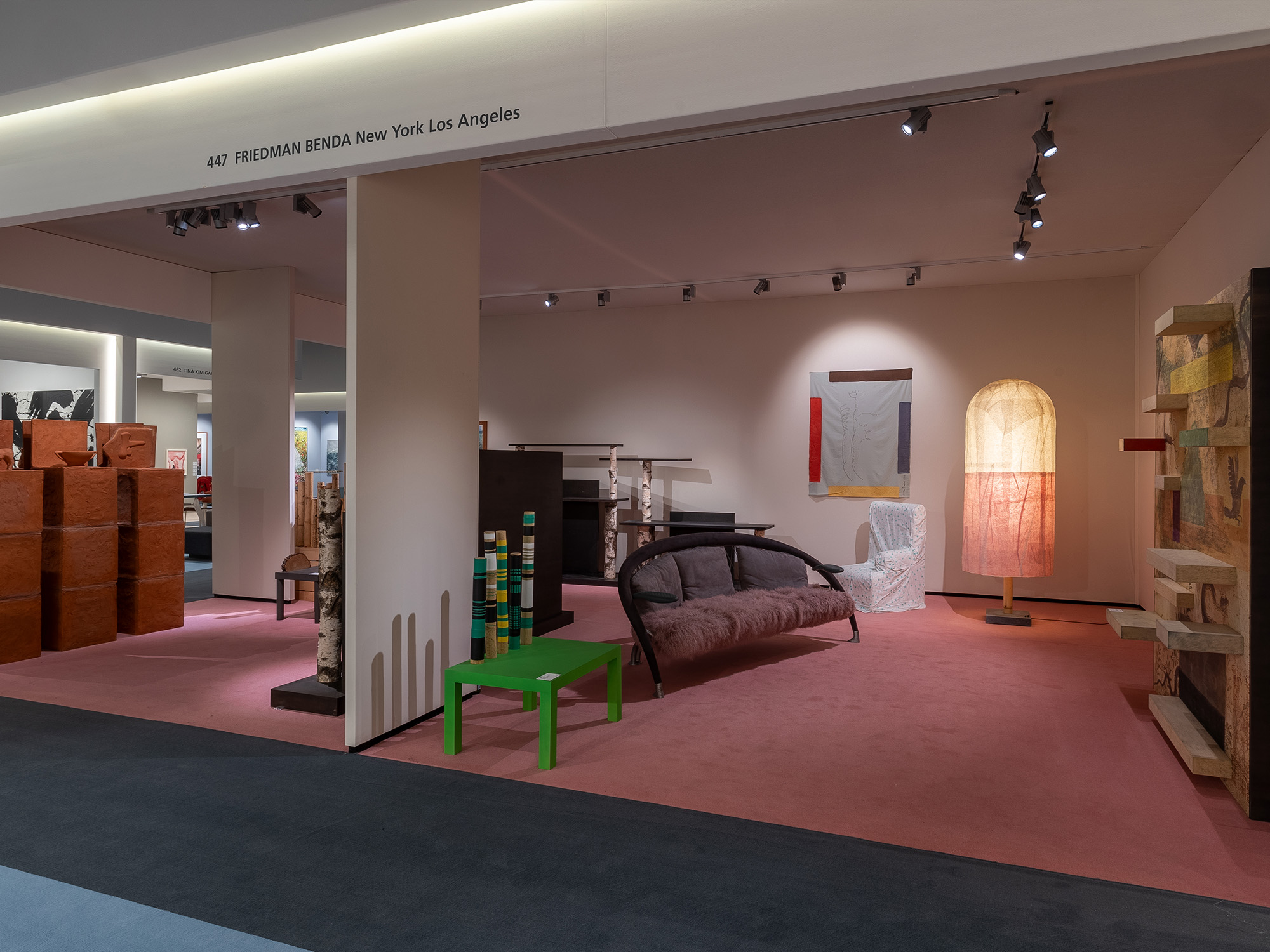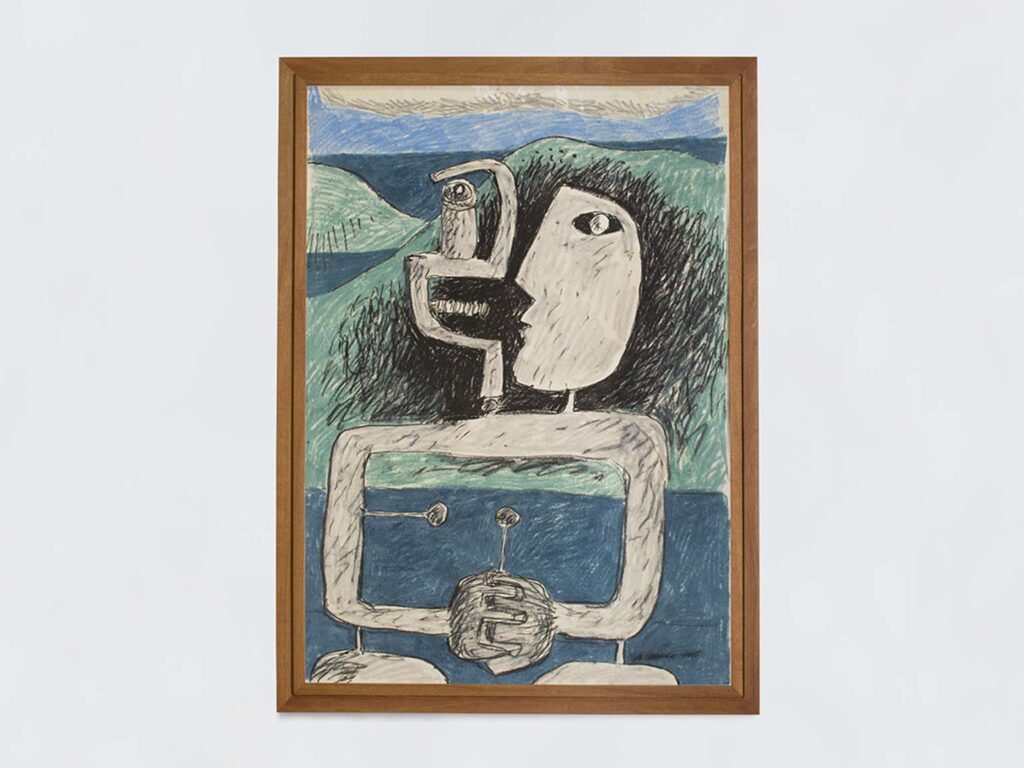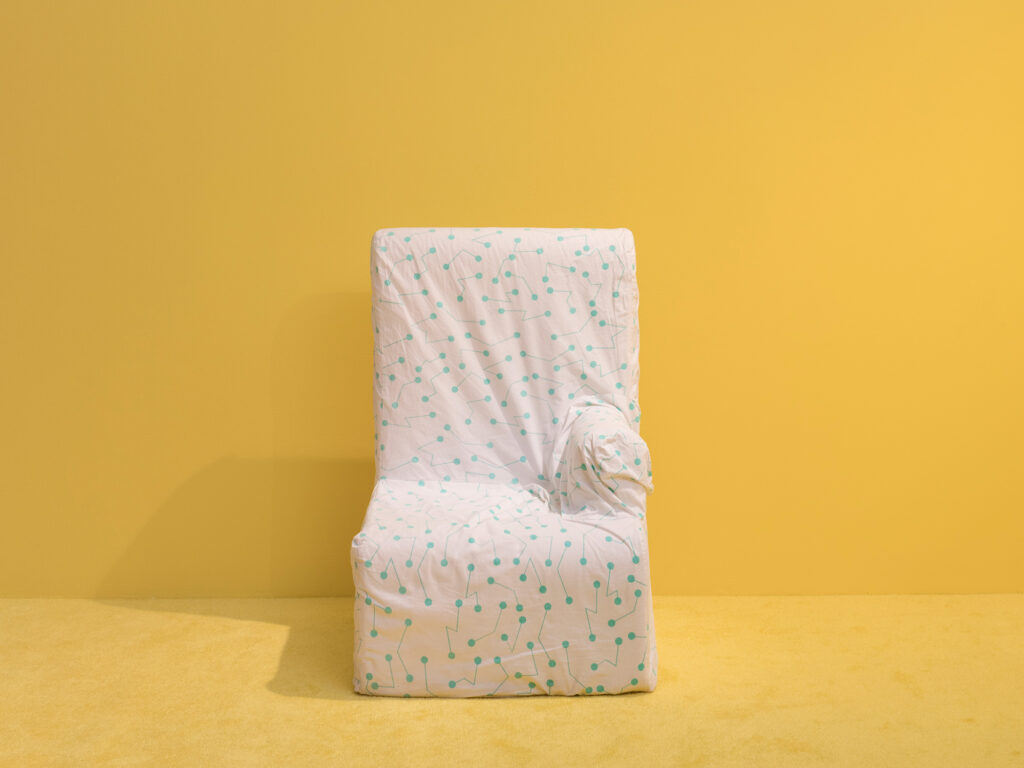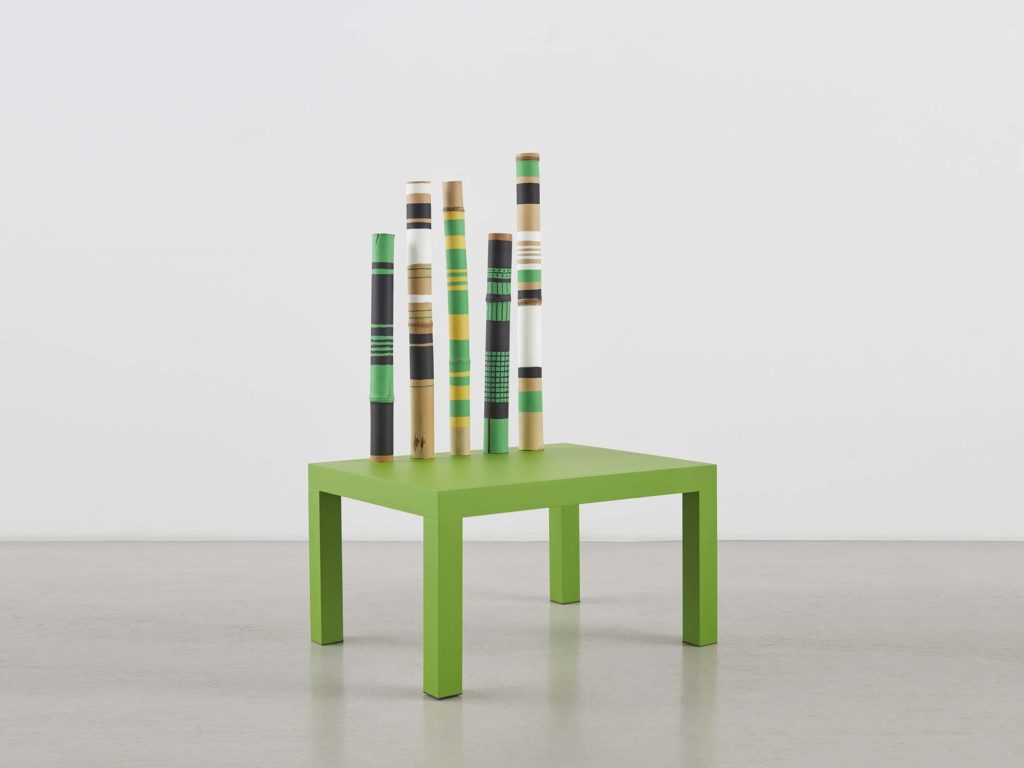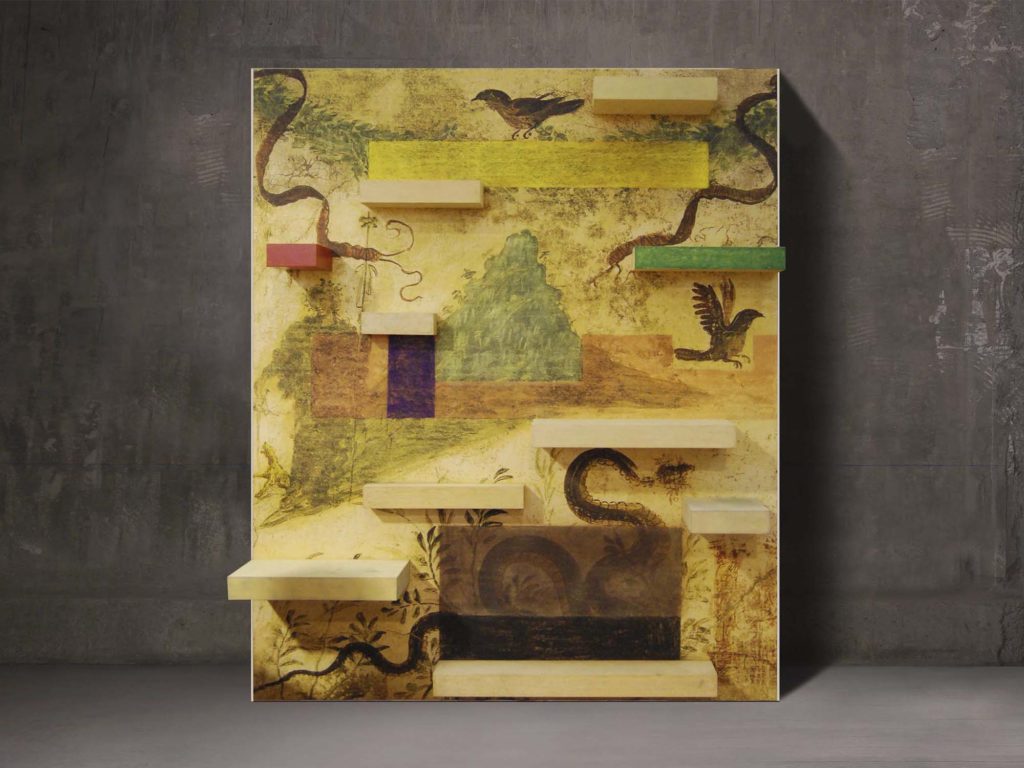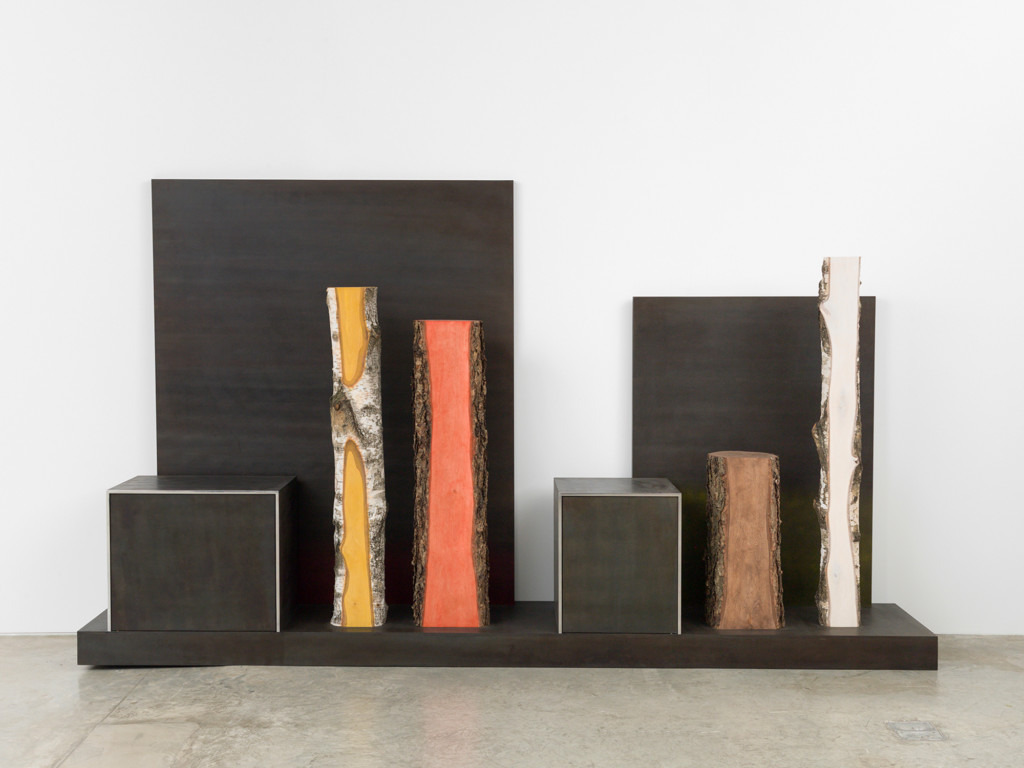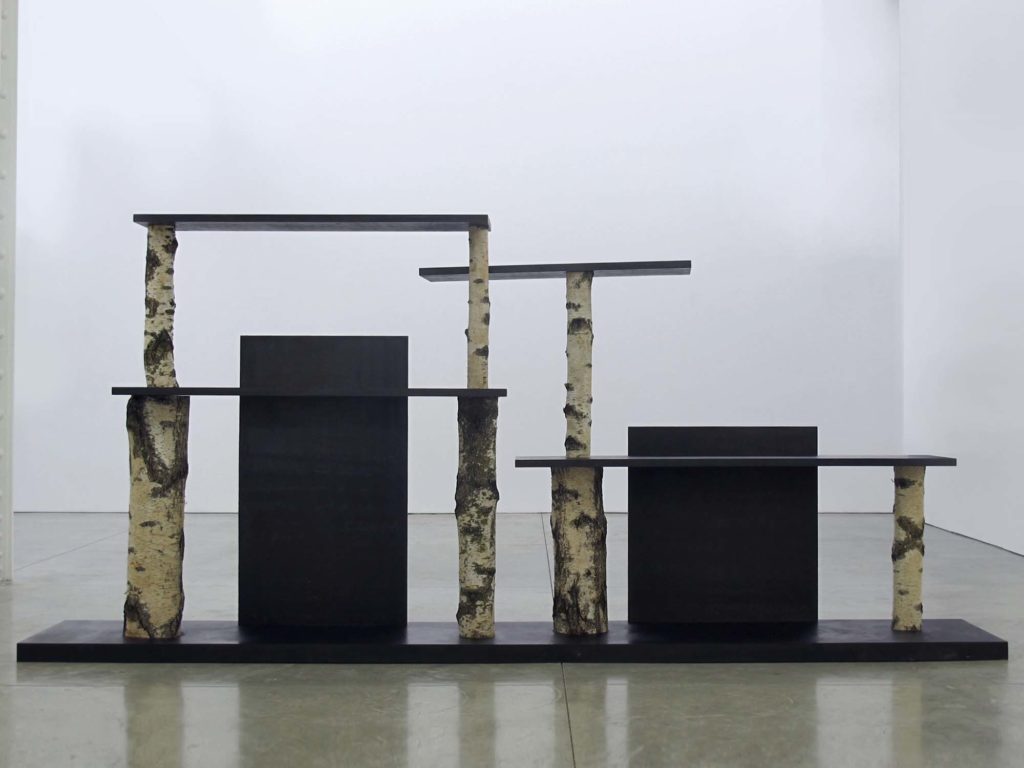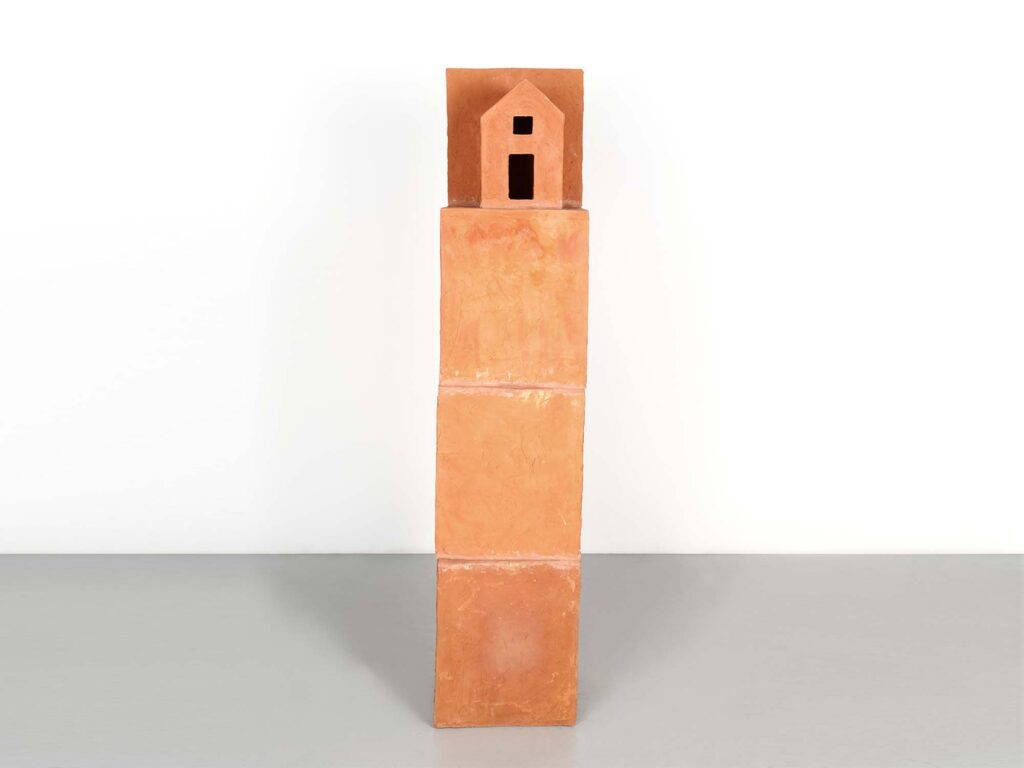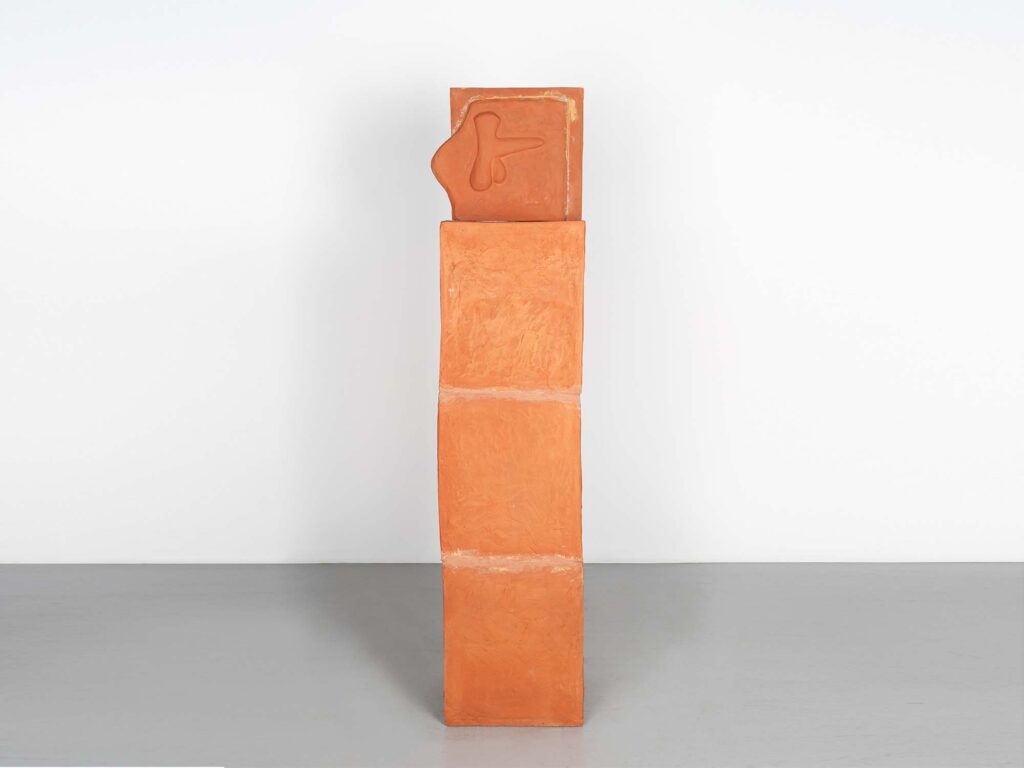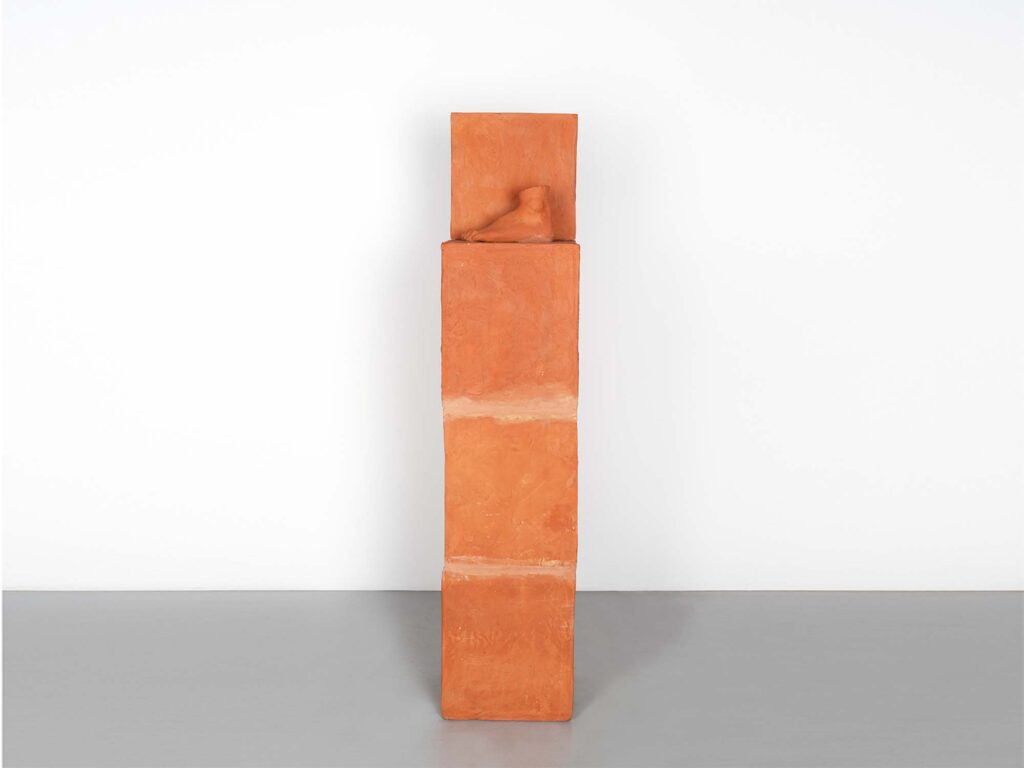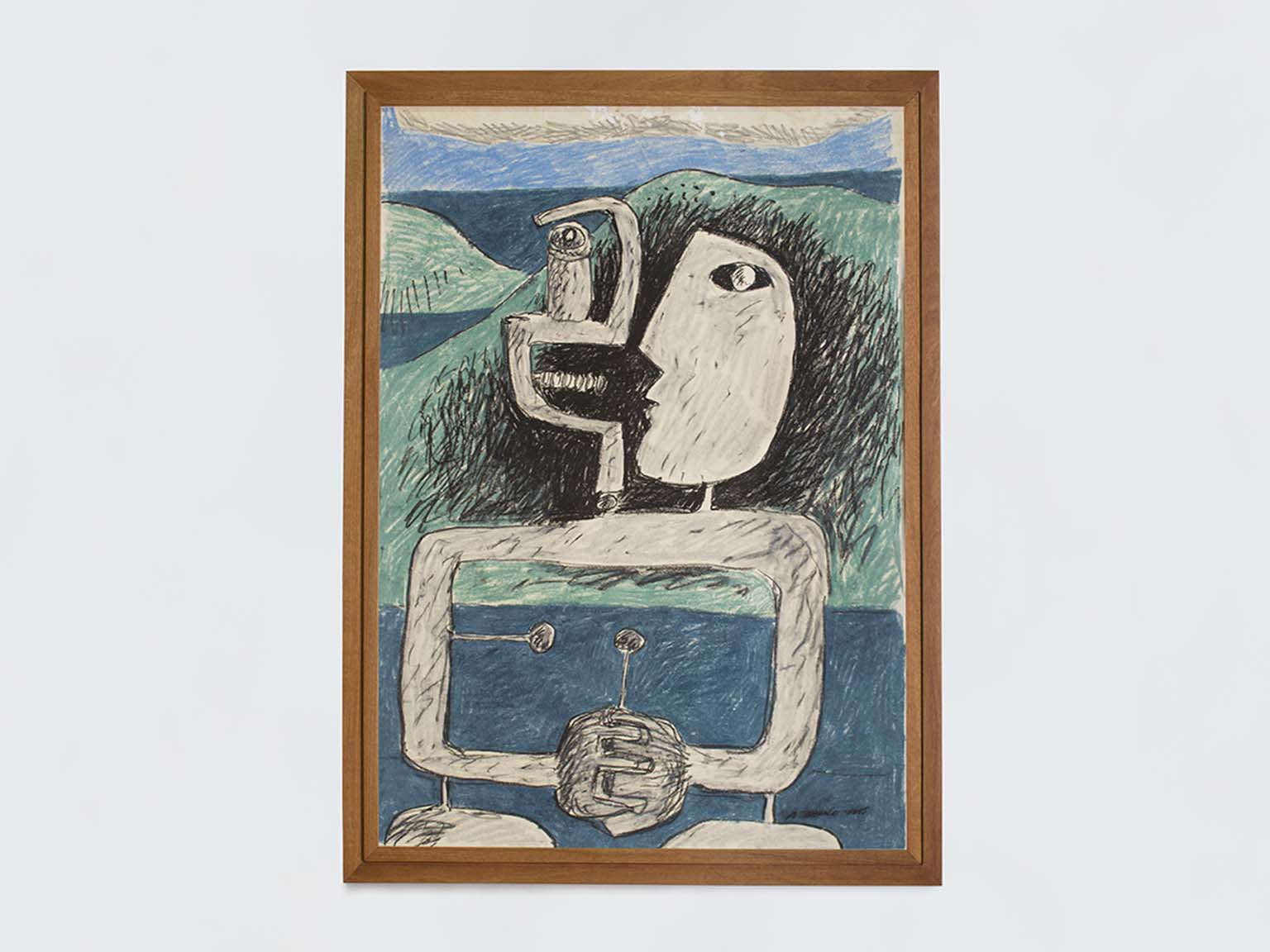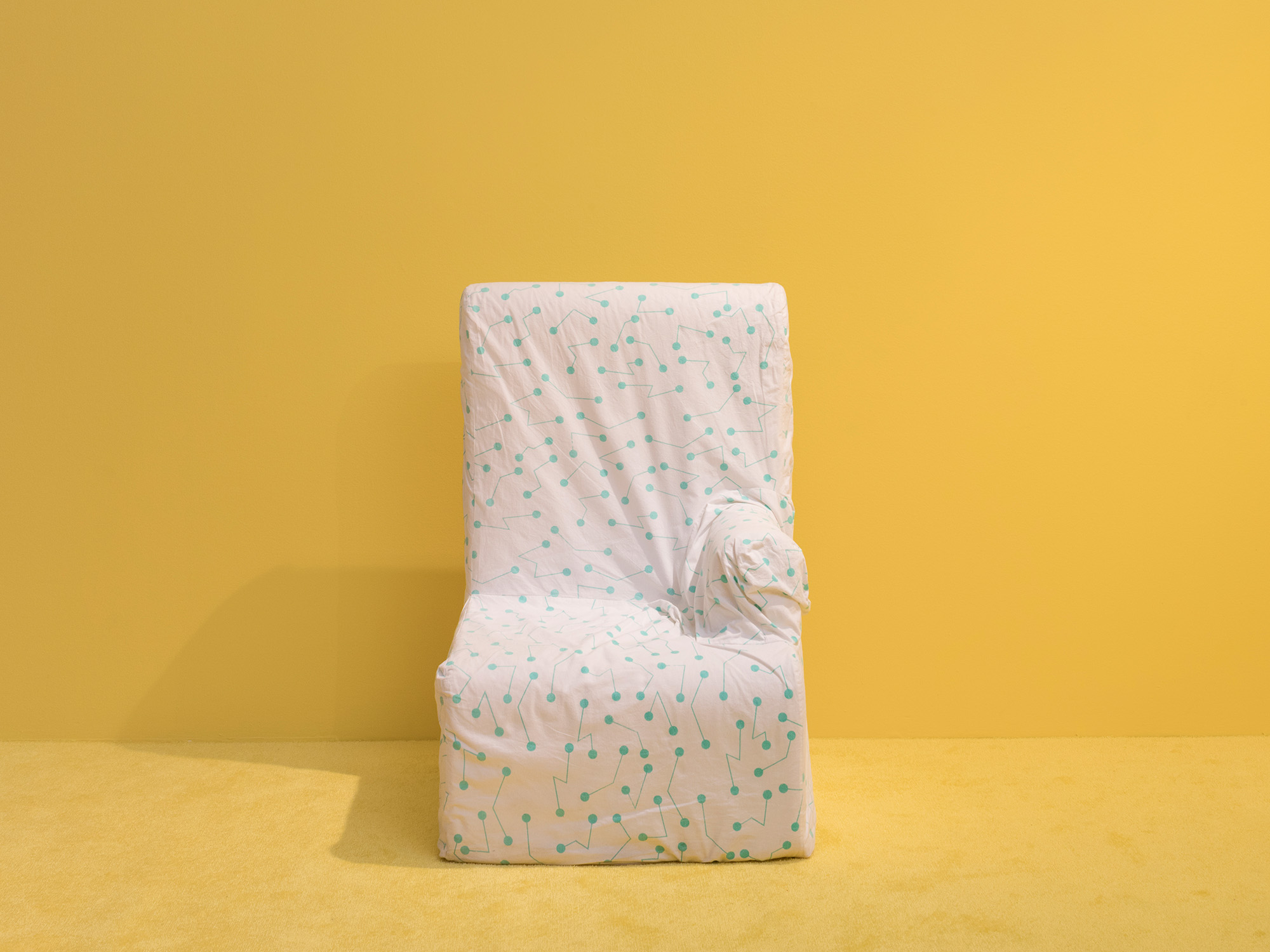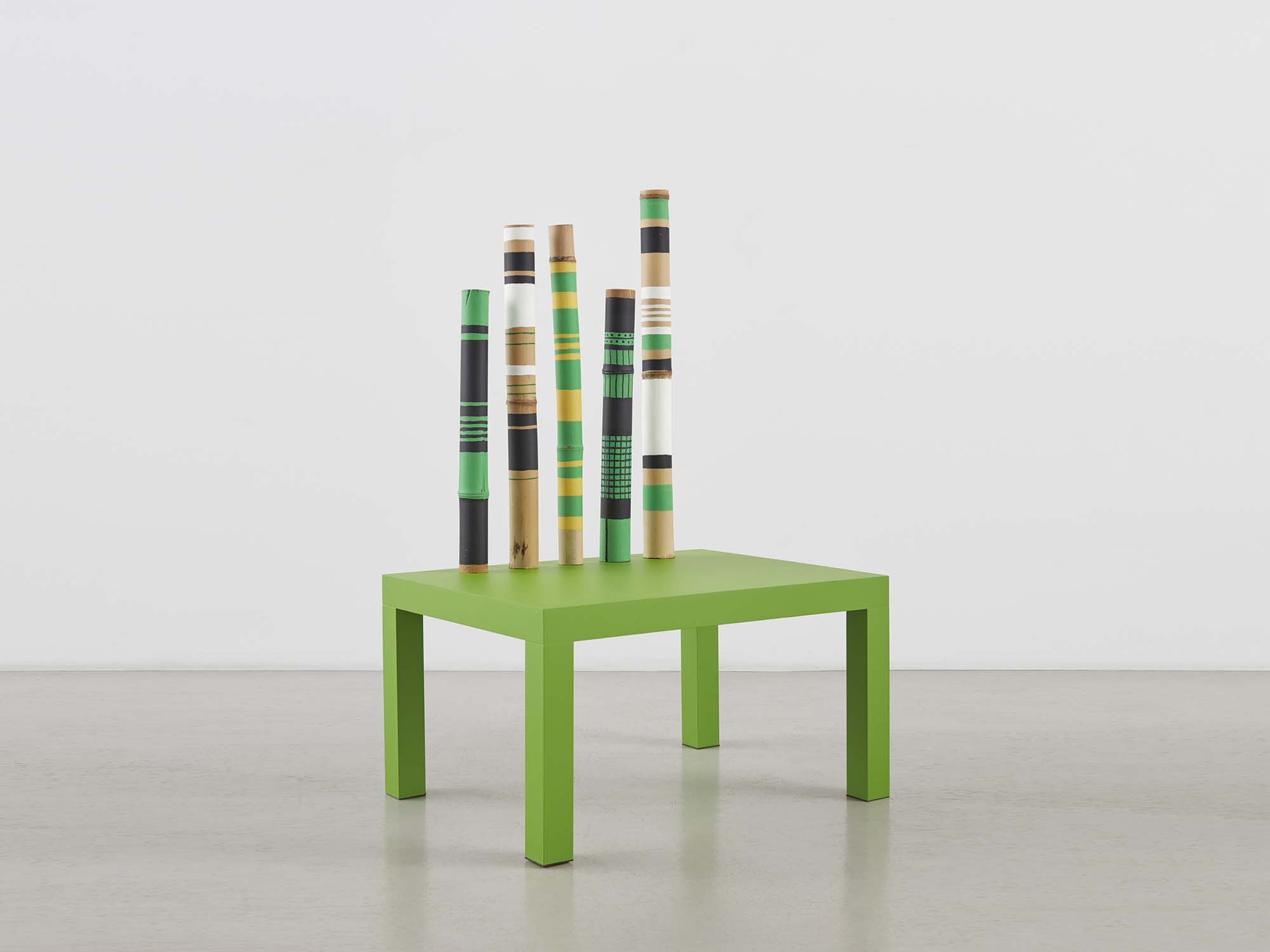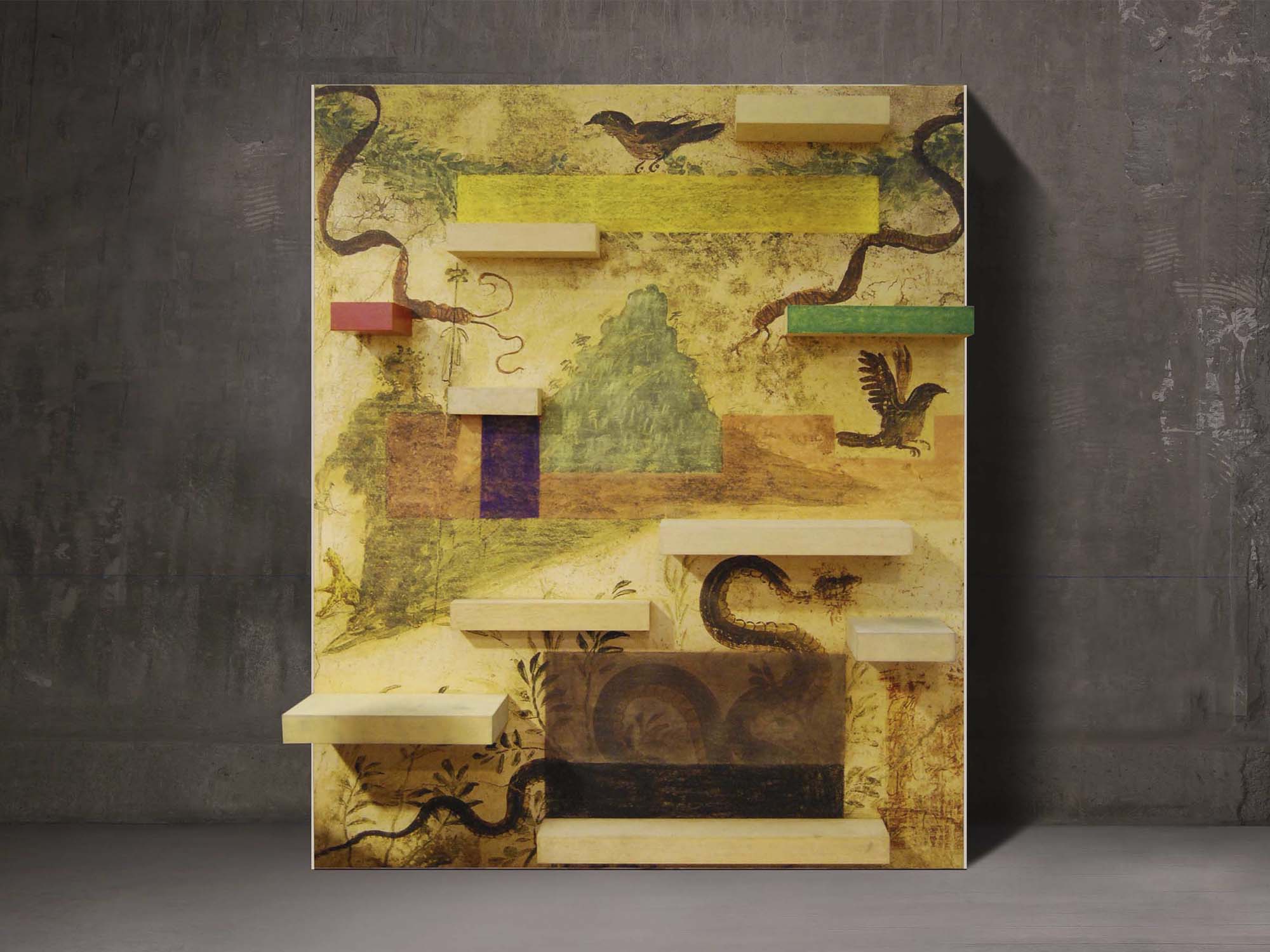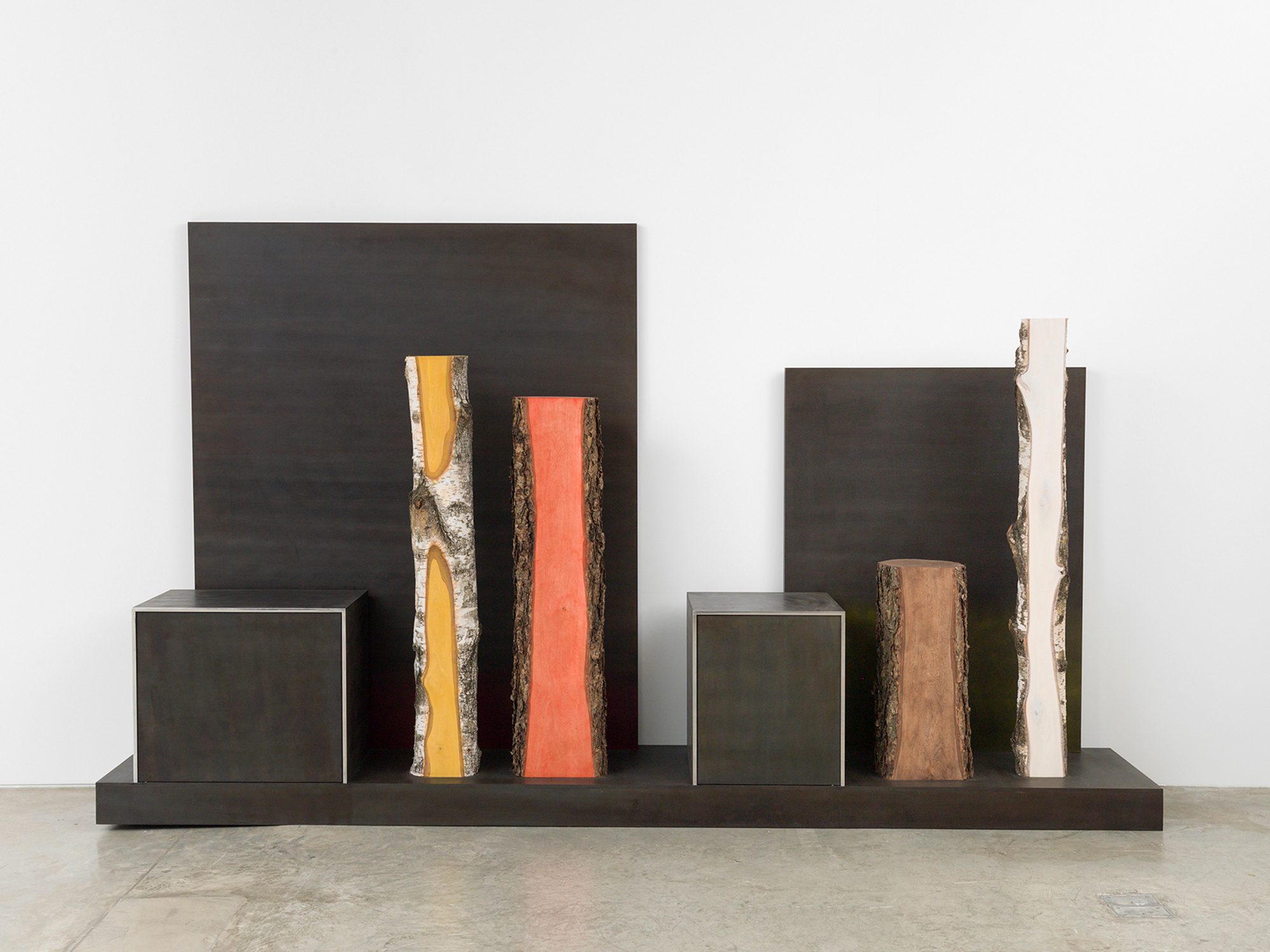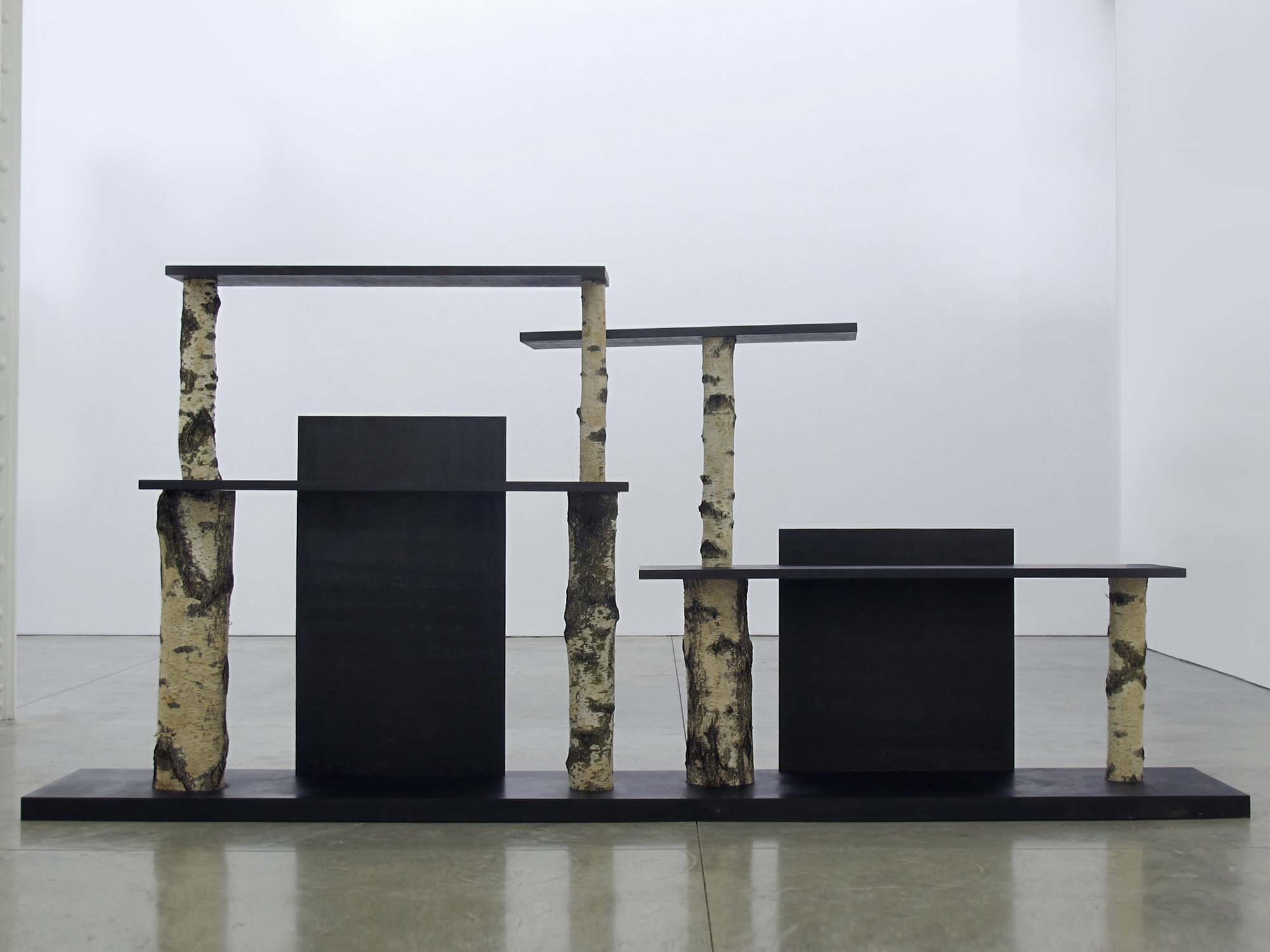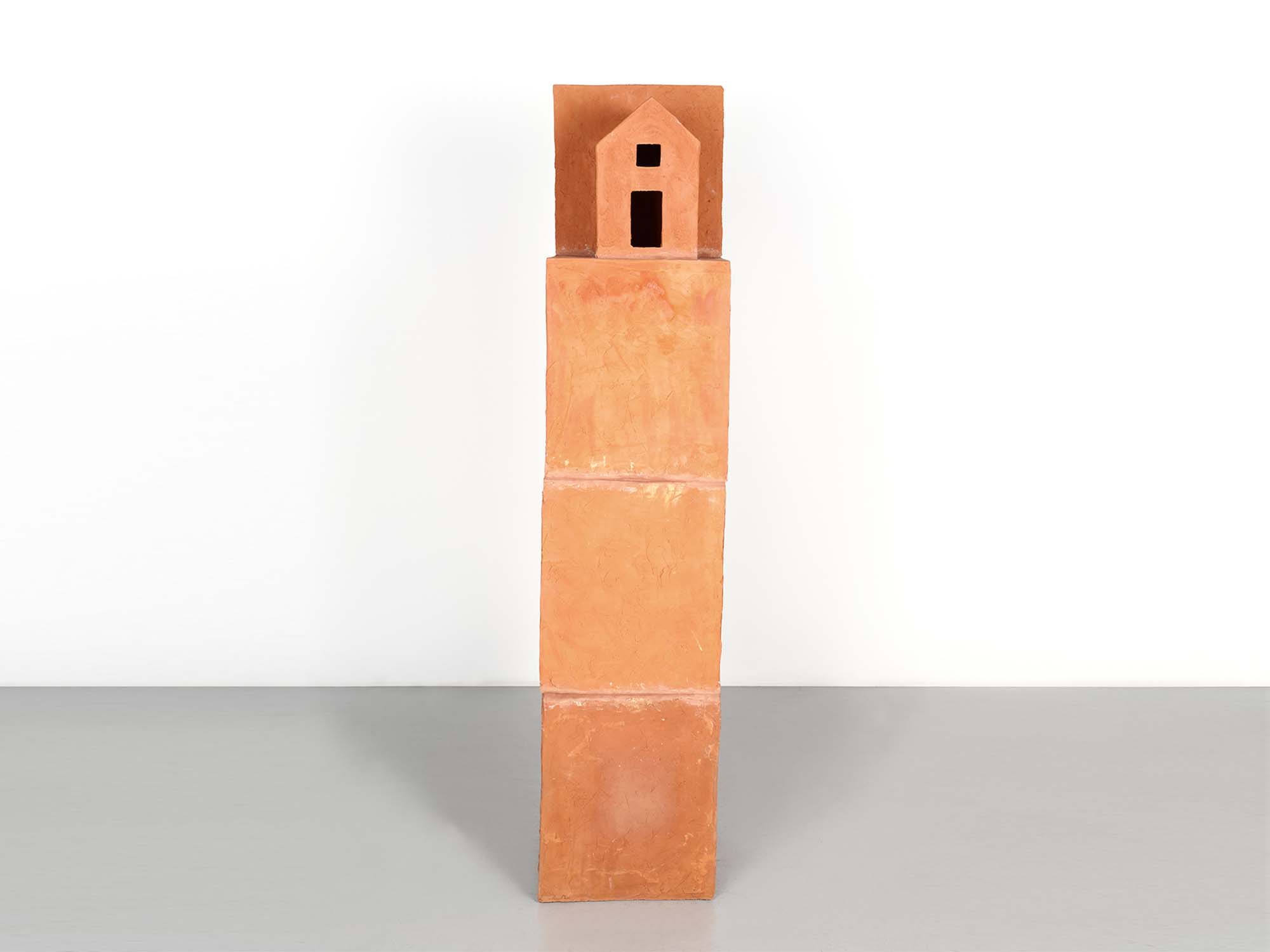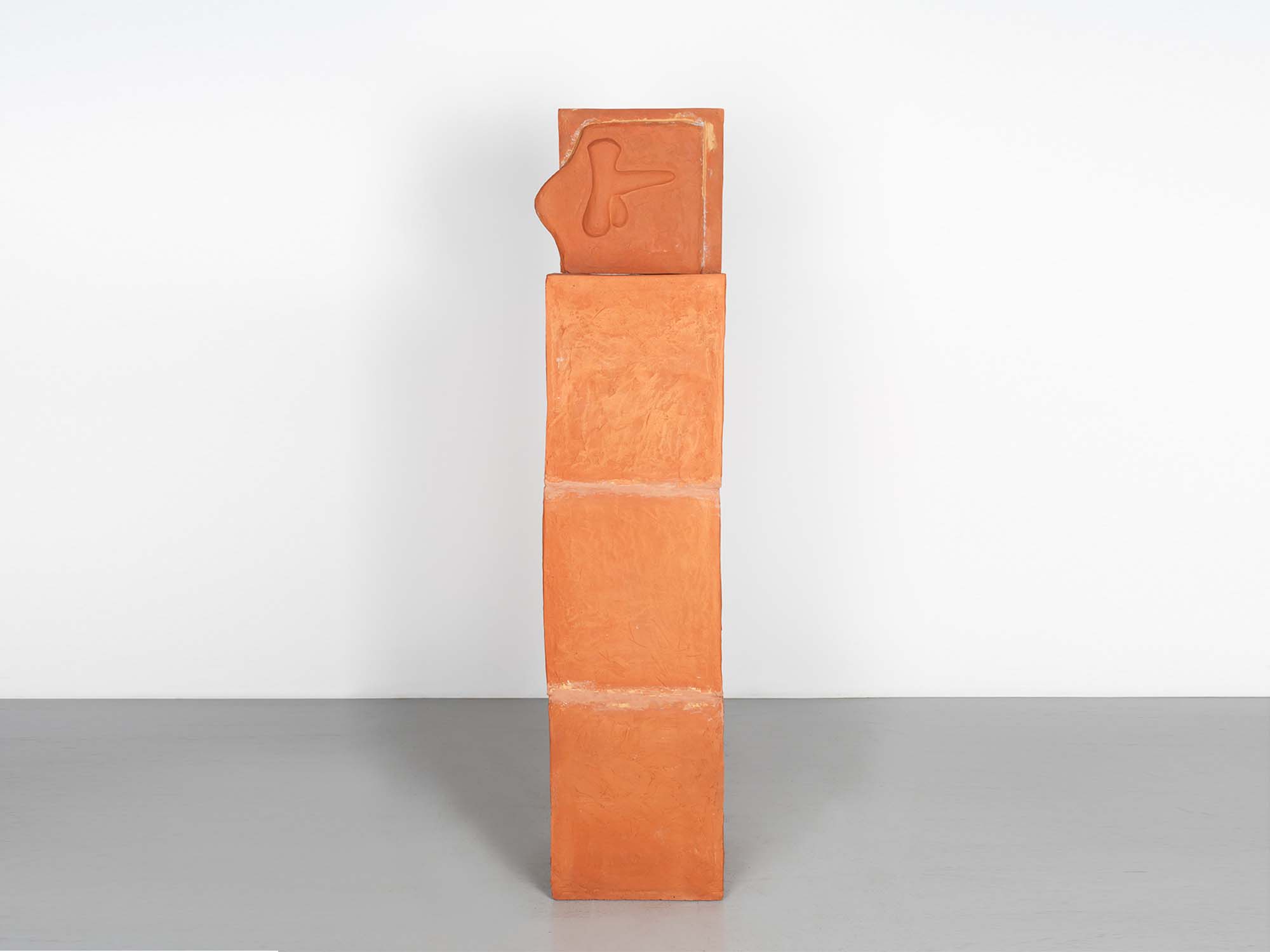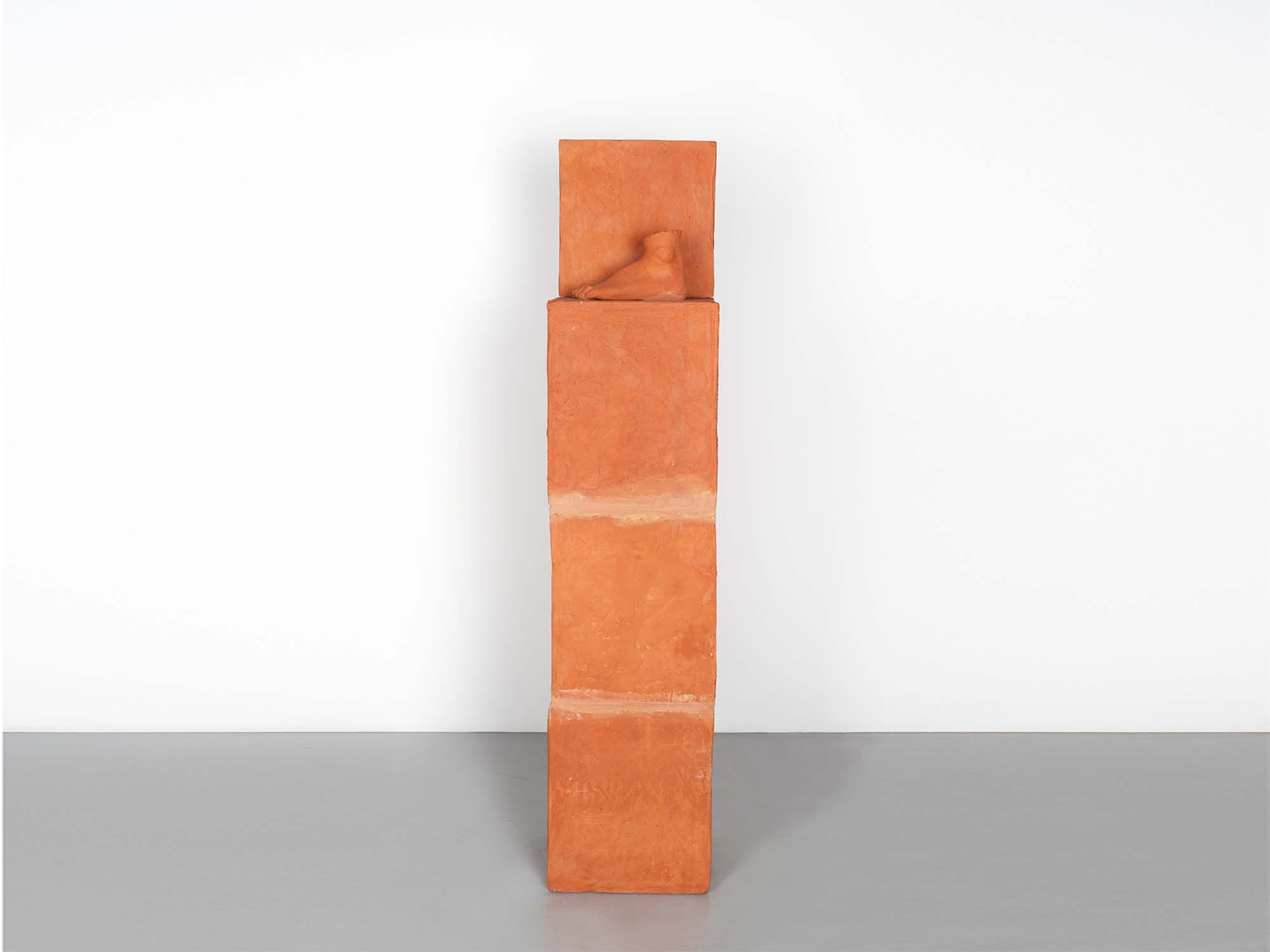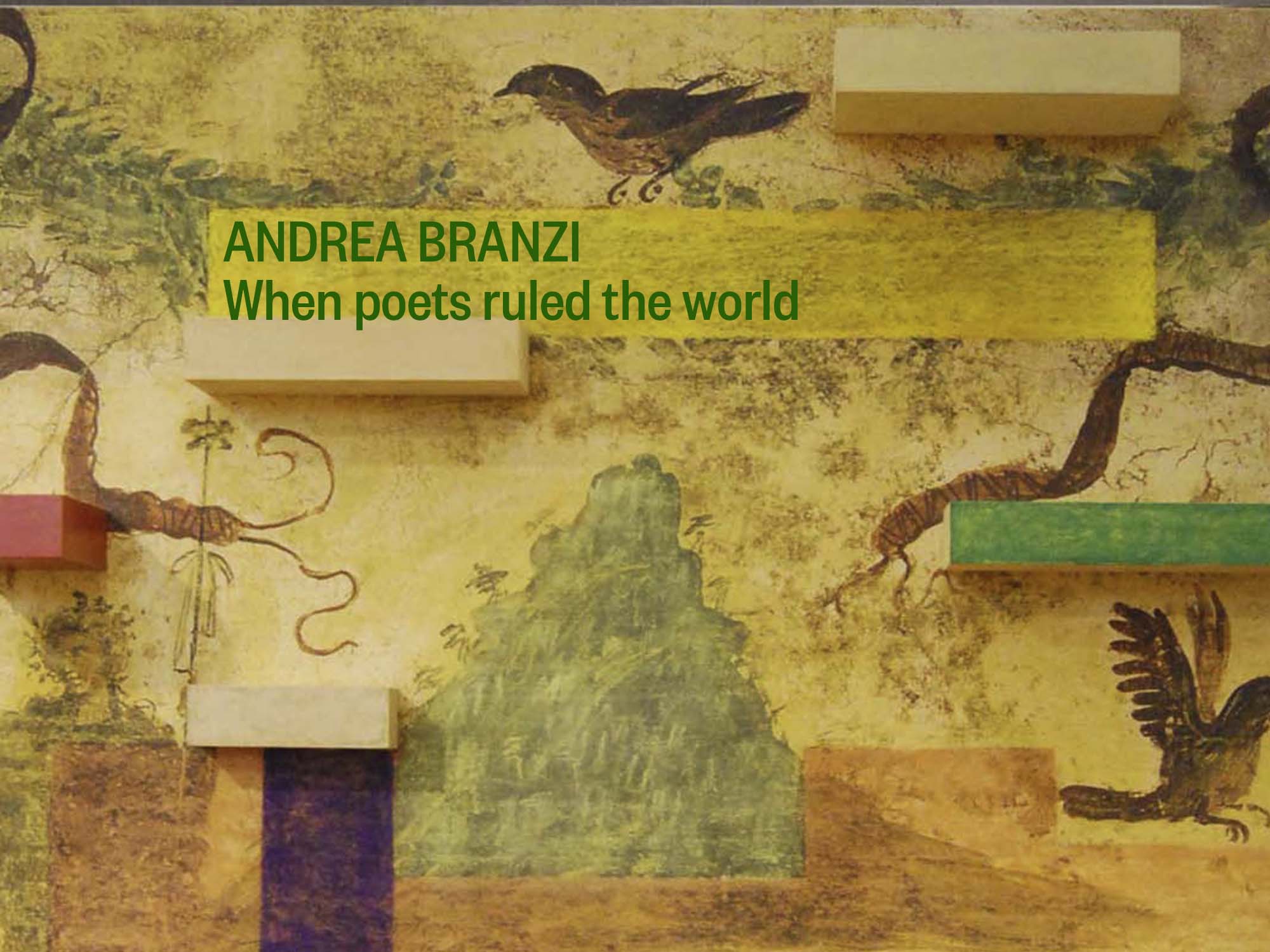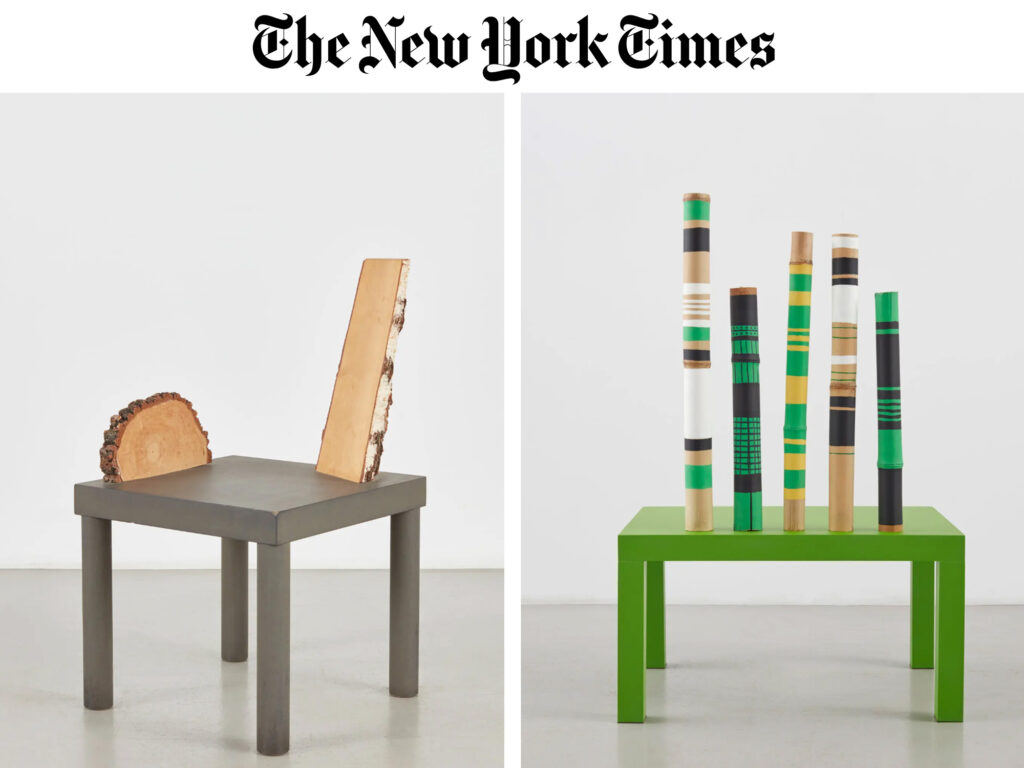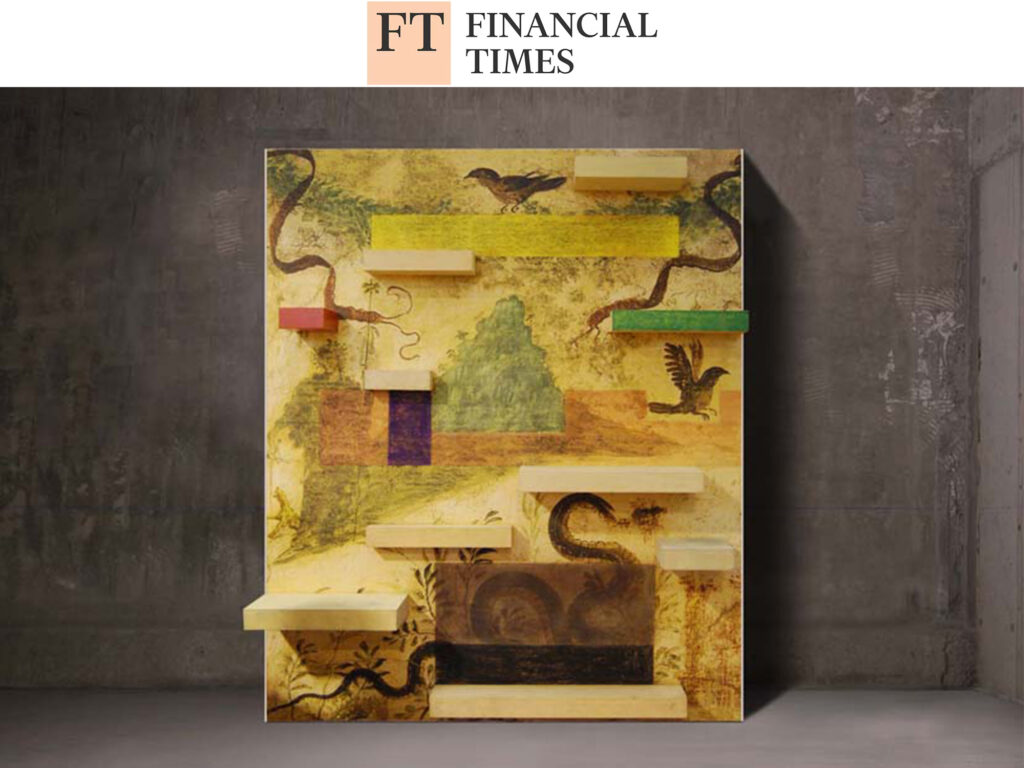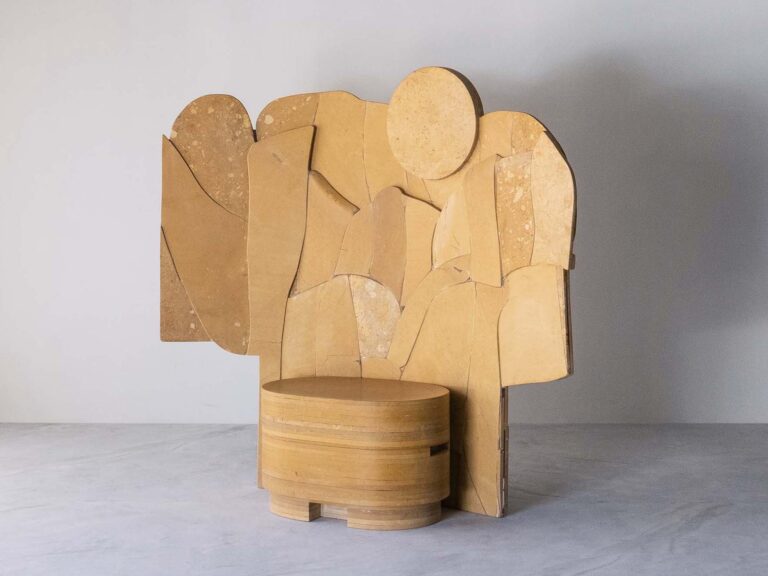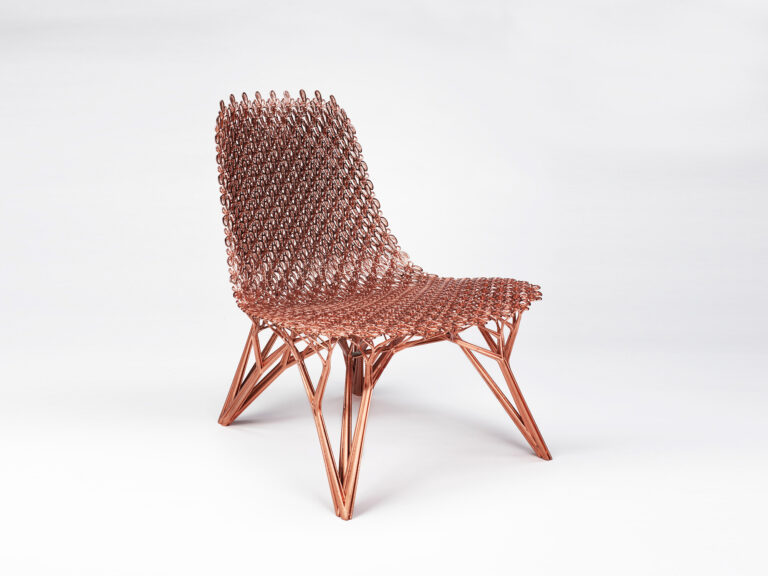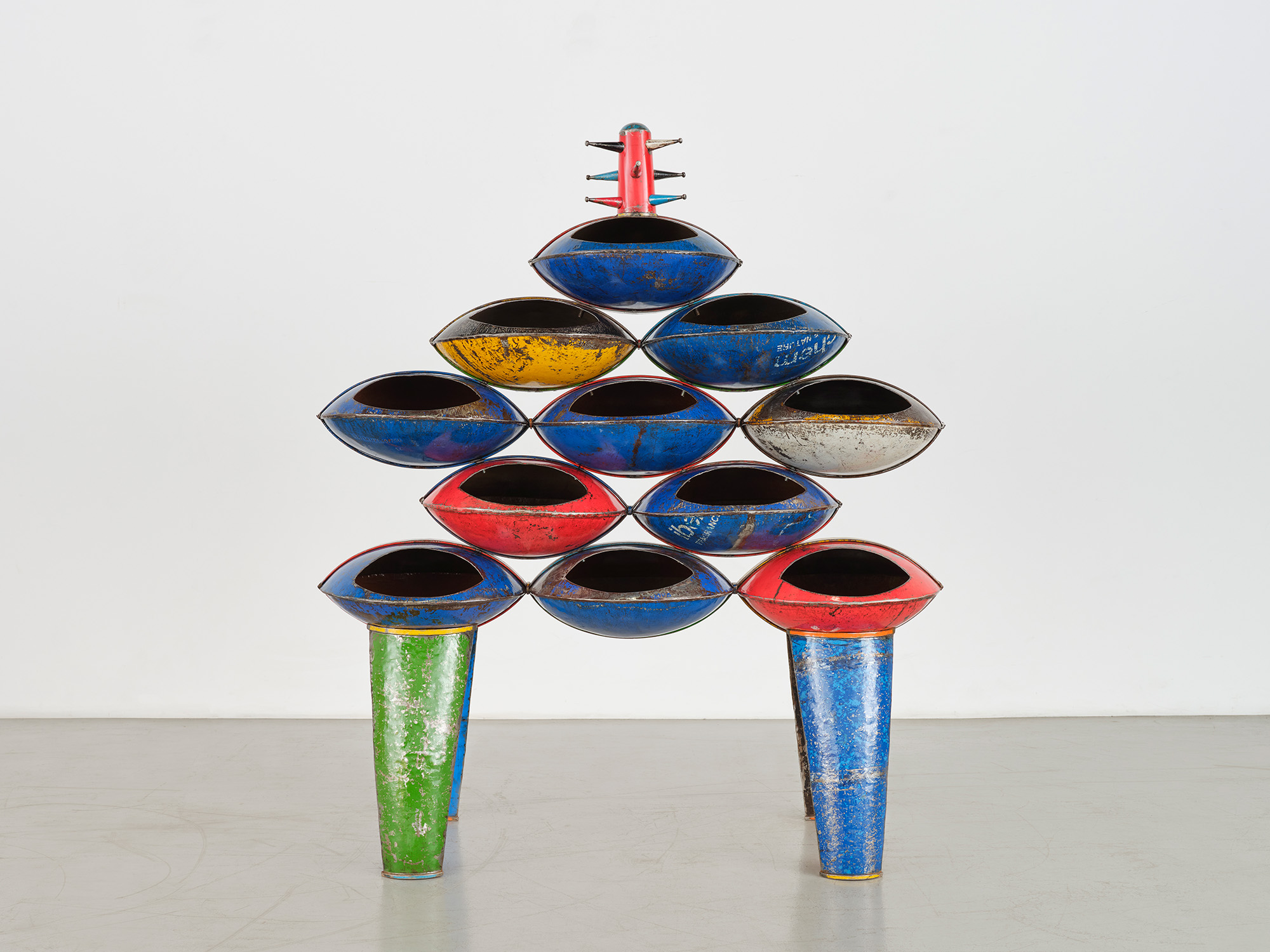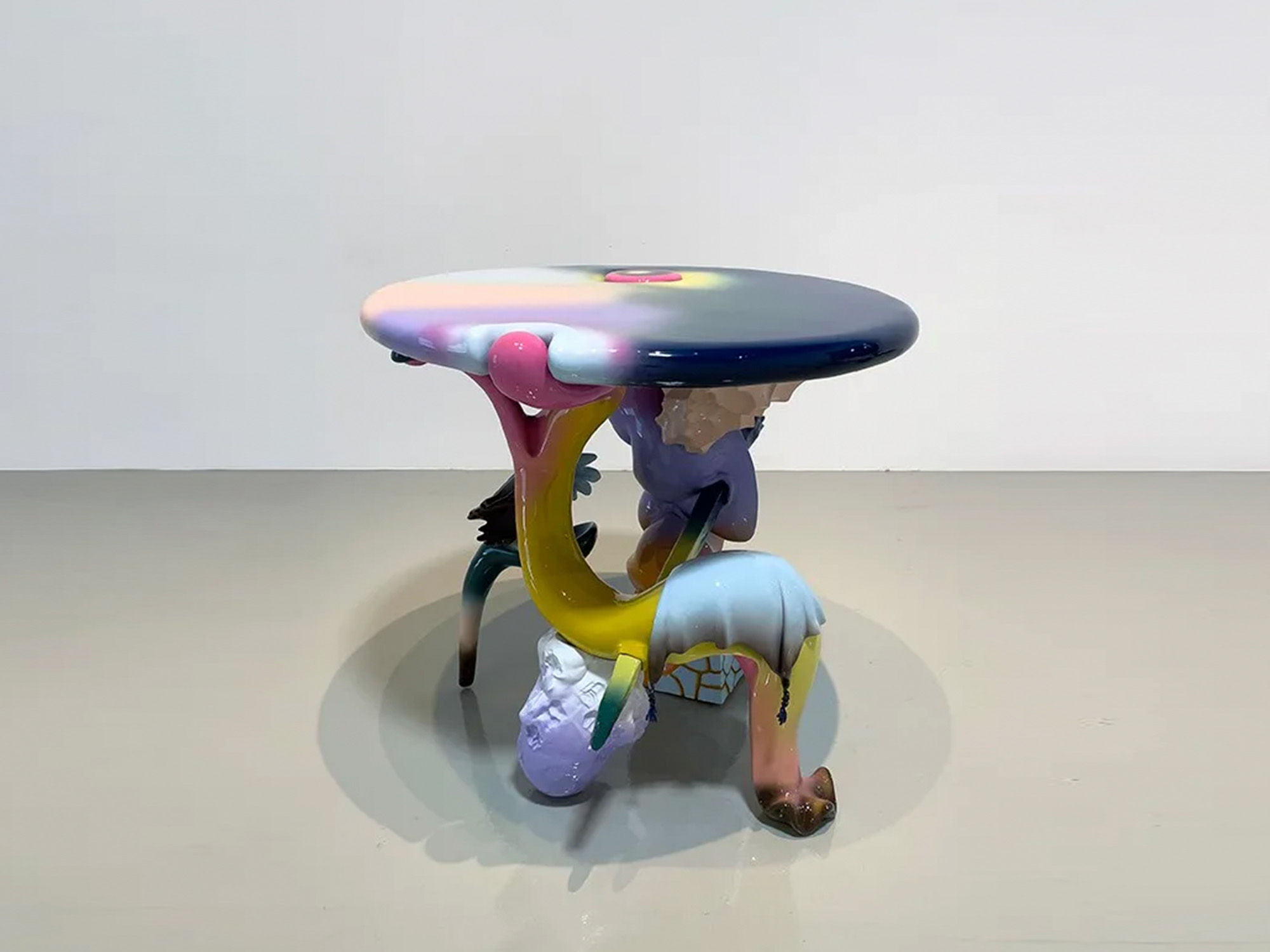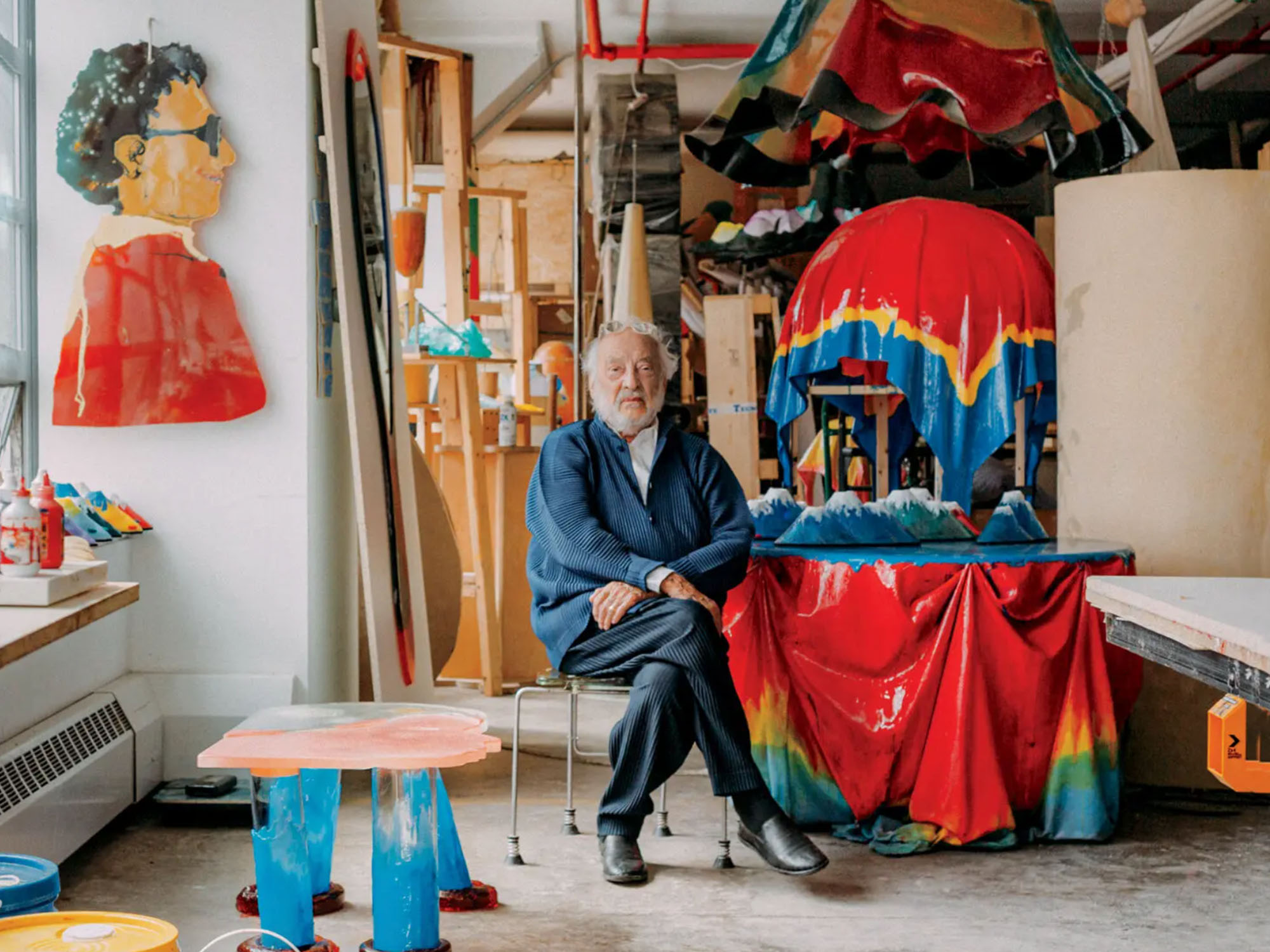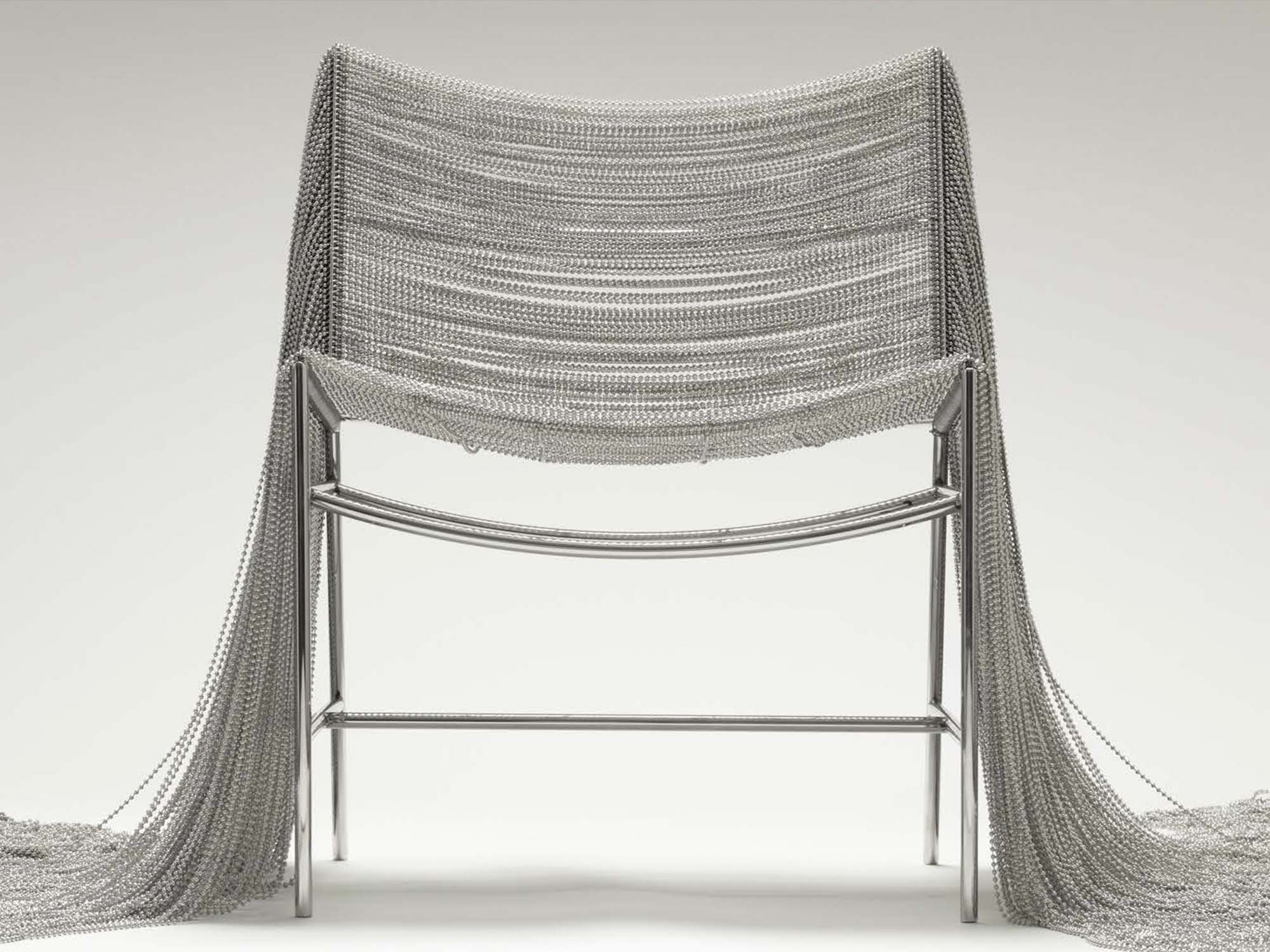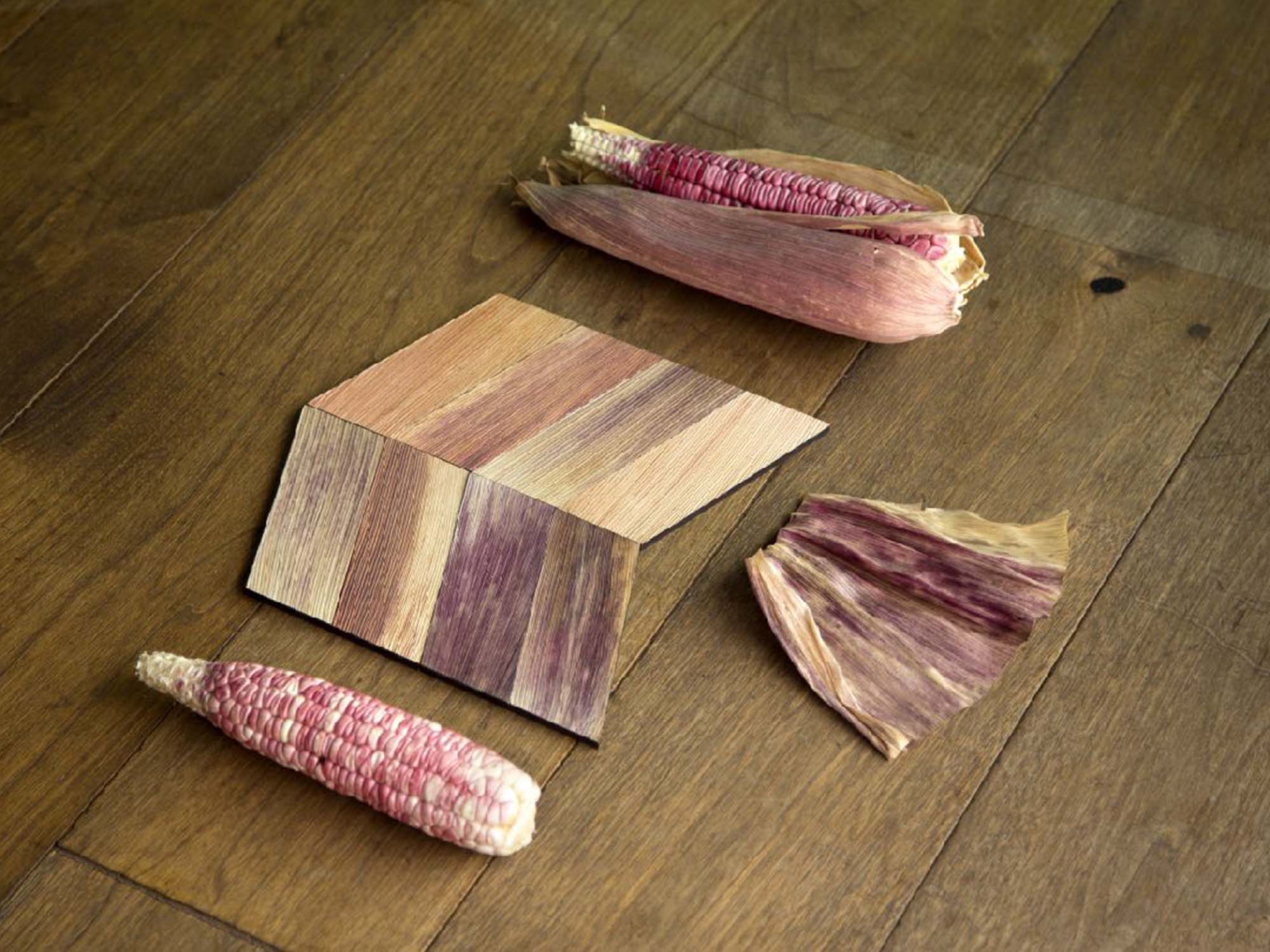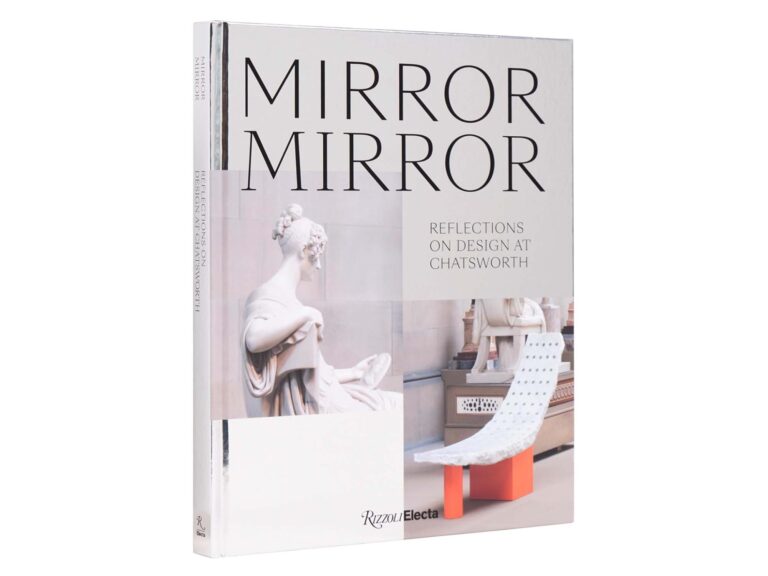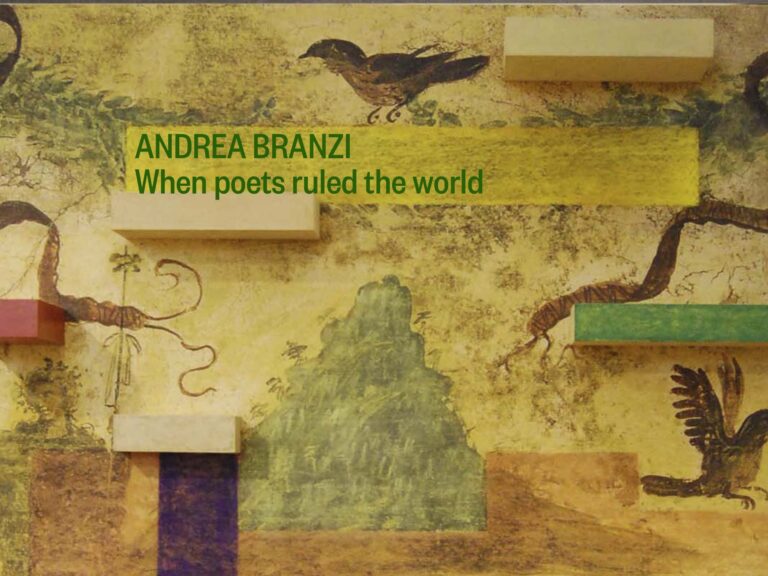Quando I poeti governavano il mondo
When poets ruled the world
On the occasion of TEFAF Maastricht 2024, Friedman Benda is proud to present When poets ruled the world , an exhibition dedicated to Andrea Branzi’s six decade-long career.
The Italian architect, designer and critic, Andrea Branzi was a visionary across disciplines, an intellectual and creator whose work shaped the course of design history. An essential observer of our time, Branzi’s outstanding contributions offer current and future generations limitless sources of inspiration.
When poets ruled the world highlights fundamental milestones as well as lesser known, but pivotal, moments from Branzi’s vast oeuvre. Chronicling the development of a methodology and visual language that guided his career, this presentation offers a rare perspective on one of the most influential figures in the design field.
Early works include Madri (1965), painted at a time when Branzi was forming the seminal conceptual design studio Archizoom in Florence where he was born and spent his formative university years. His contribution to the radical group Studio Alchimia is exemplified by the Pigiama (1979) chair, with the only other known surviving example part of the permanent collection of the Vitra Museum. The groundbreaking, and rarely available, series Animali Domestici (1985), which was formulated and designed in collaboration with his wife Nicoletta Morozzi, is considered to be one of the origins of contemporary design as we know it today. Cabinets from the Tree (2011) and Plank (2014) series represent a late-career synthesis of design conception. Erme (2021) were first exhibited at Capri’s Villa San Michele contemporaneous with Metropoli Latina , the first time a designer presented work inside the Archaelogical Park of Pompeii.
Branzi relentlessly sought to break down barriers of disciplines and to move past prevailing dogmatic views, animated by a continuous quest to ask profound questions rather than look for reductive answers. Through his prolific output of writings, drawings and objects, Branzi’s practice to move past the dichotomies of fiction, philosophy and the functional has left us with a legacy that we are only starting to evaluate in historic terms.
Branzi early on anticipated the increasing connectivity of humanity through information, and the urgency for a new rapport with the surrounding world, positing the necessity of a reappreciation of humans’ relationship to nature. His radical, yet poetic interpretation of the domestic space challenged the necessity of rationalized practicality and pointed the field of design towards the freedom of individuality and expression.
Friedman Benda has been representing Andrea Branzi since 2010.
DOWNLOAD PRESS RELEASE AND CHECKLIST
FAIR INFORMATION
March 7 – 8 by invitation only / 11am – 7pm
March 9 – 14 / 11am – 7pm
TEFAF Maastricht 2024
MECC Forum 100
6229 GV Maastricht
The Netherlands
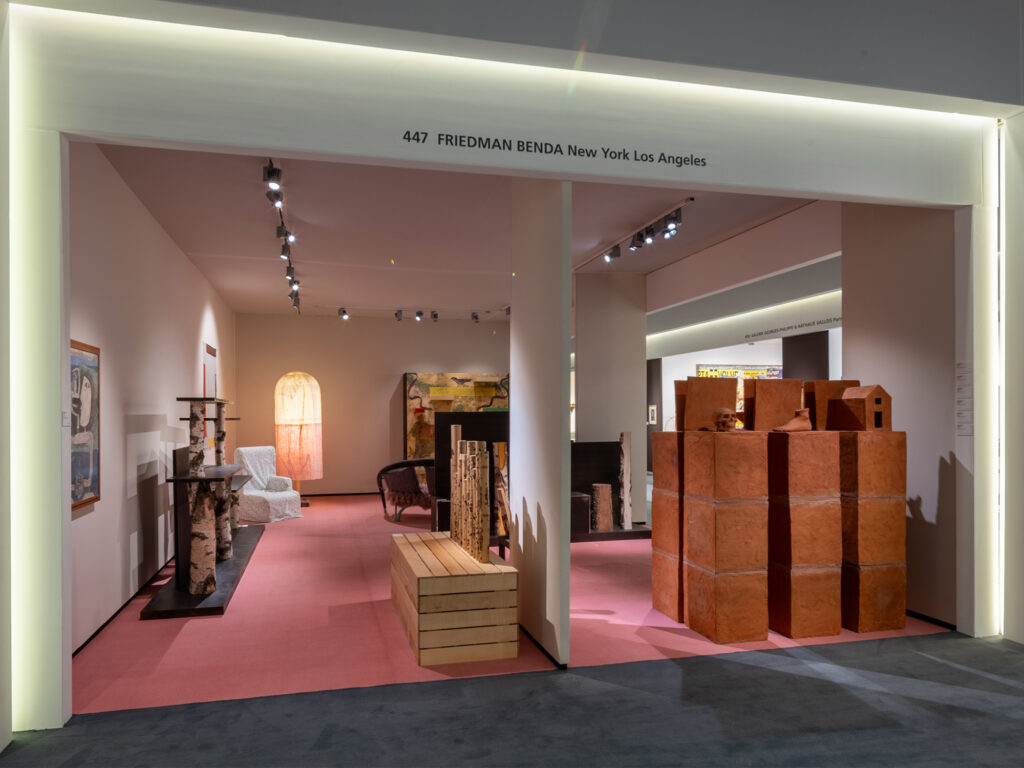
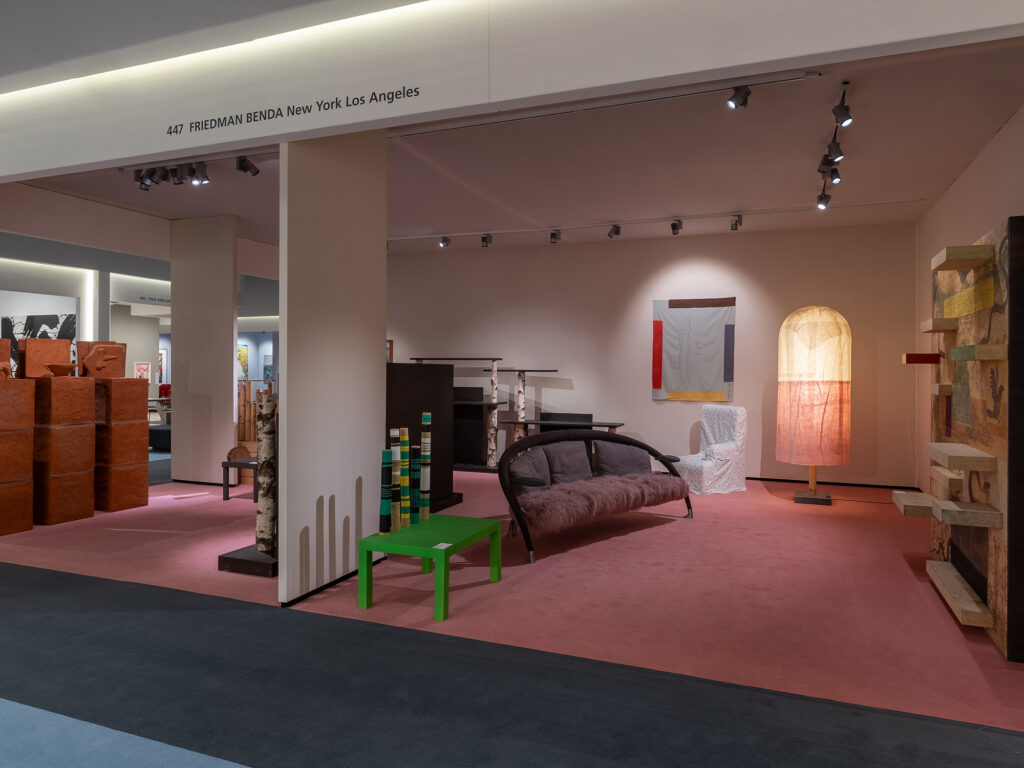
About Andrea Branzi
Seminal Italian architect, designer and educator Andrea Branzi held a lifelong fascination with how humans interact with objects, and sought to reconcile design and architecture with the evolving challenges of contemporary society. As a leading theorist, Branzi contributed an analytical and academic approach to the discipline.
Born in Florence in 1938, Branzi studied at the Florence School of Architecture, receiving his degree in 1966. From 1964 to 1974, he was a founding member of the experimental group Archizoom, which envisioned the groundbreaking No-Stop-City among other projects. Branzi was a key member of Studio Alchimia, founded in 1976, and went on to associate with the Memphis Group in the early 1980s.
In the 1980s, Branzi turned away from the prevailing, highly-stylized aesthetic of postmodern design. The key expression of this new direction was his seminal Animali Domestici (1985-1986) series, which featured rectilinear forms intersected by unfinished logs, sticks, and wood offcuts, in an attempt to bring the artificial and natural into equilibrium.
Branzi distinguished himself as a co-founder of Domus Academy, the first international post-graduate school for design, and was a professor and chairman of the School of Interior Design at the Politecnico di Milano until 2009. He was a three-time recipient of the Compasso d’Oro, honored for individual or group effort in 1979, 1987, and 1995. In 2008, Branzi was named an Honorary Royal Designer in the United Kingdom and he received an honorary degree from La Sapienza in Rome. That same year, his work was featured in an installation at the Fondation Cartier, Paris. In 2018, Branzi was the recipient of the prestigious Rolf Schock Prize in Visual Arts by the Swedish Royal Academy of Fine Arts.
Branzi’s works are held in the permanent collections of the Centre Georges Pompidou, Paris, France; Centro Studi e Archivio della Comunicazione dell’Università di Parma, Italy; Cooper Hewitt, Smithsonian Design Museum, USA; Fondation Cartier pour l’art contemporain, Paris, France; Le Fonds Régional d’art contemporain (FRAC), Orleans, France; Design Museum Gent, Belgium; Metropolitan Museum of Art, USA; Museum Boijmans Van Beuningen, Rotterdam, The Netherlands; Musée des Arts décoratifs, Paris, France; Musée des Beaux-Arts, Montreal, Canada; Museo del Design Italiano, Triennale di Milano, Italy; Museum of Fine Arts, Houston, USA; Museum of Modern Art, USA; Stedelijk Museum, Amsterdam, The Netherlands; Victoria & Albert Museum, London, UK; Vitra Design Museum, Weil-am-Rhein, Germany amongst others.
Andrea Branzi passed away in October 2023.
